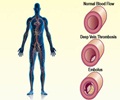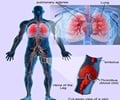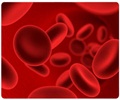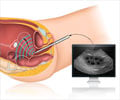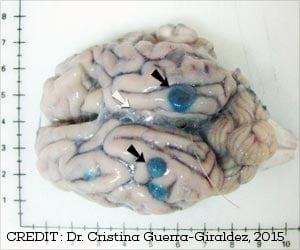Physicians diagnosed deep vein thrombosis accurately and it coincides with the diagnosis based on symptoms.
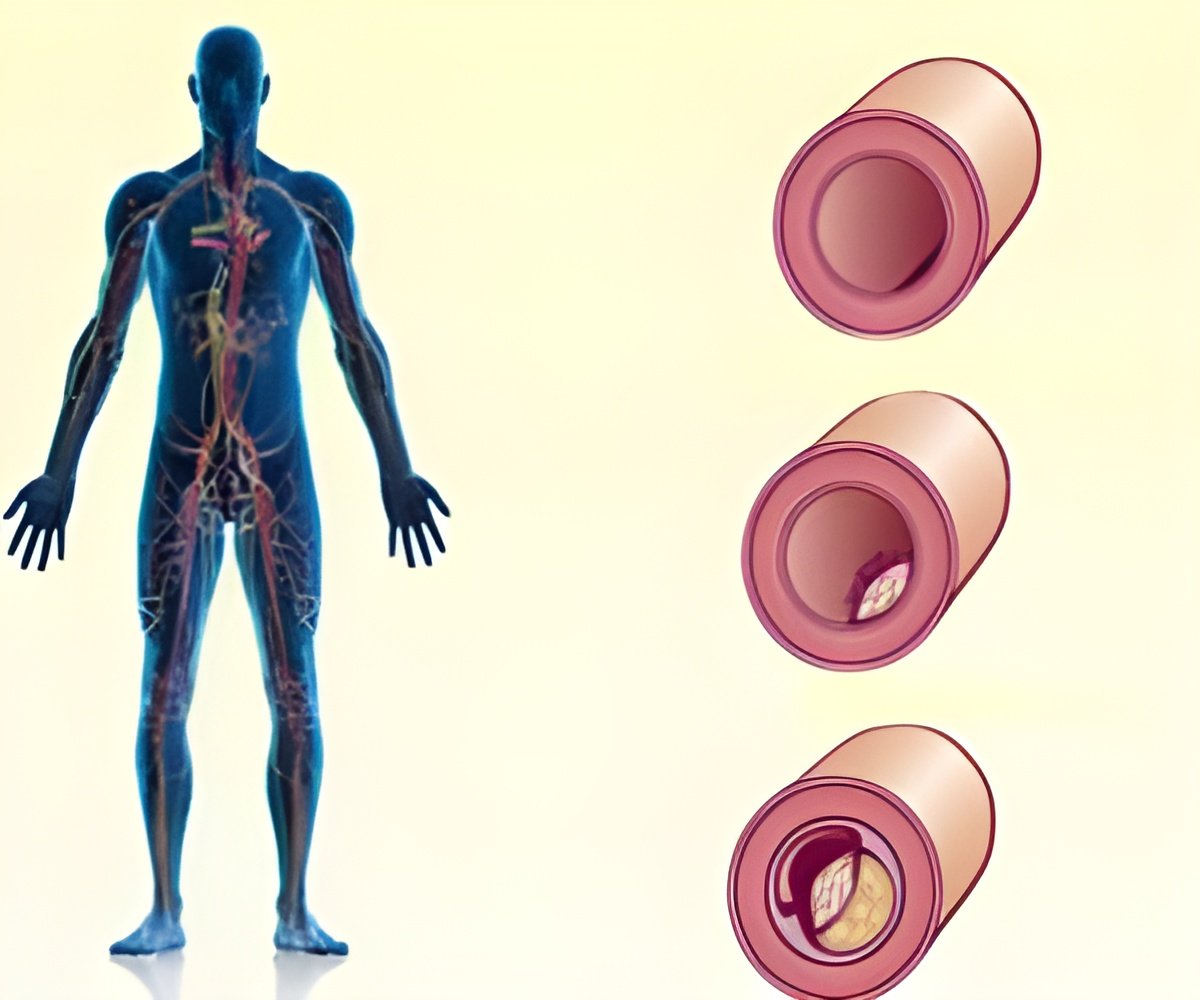
Expert physicians diagnosed deep vein thrombosis in 200 patients, corresponding to an overall prevalence of 18 percent. The agreement between trained GPs and experts was excellent (95 percent CI, 0.84 to 0.88).
Compression ultrasonography performed by GPs had sensitivity of 90 percent and specificity of 97 percent with diagnostic accuracy for deep vein thrombosis of 96 percent. Because sensitivity achieved by GPs appeared suboptimal, the authors call for future studies to evaluate the implementation of proper training strategies to maximize skill.
More rapid diagnosis, directly obtained by GPs in primary care, could improve appropriate management of deep vein thrombosis and help address the growing need for professionals trained in compression ultrasonography.
Source-Eurekalert

